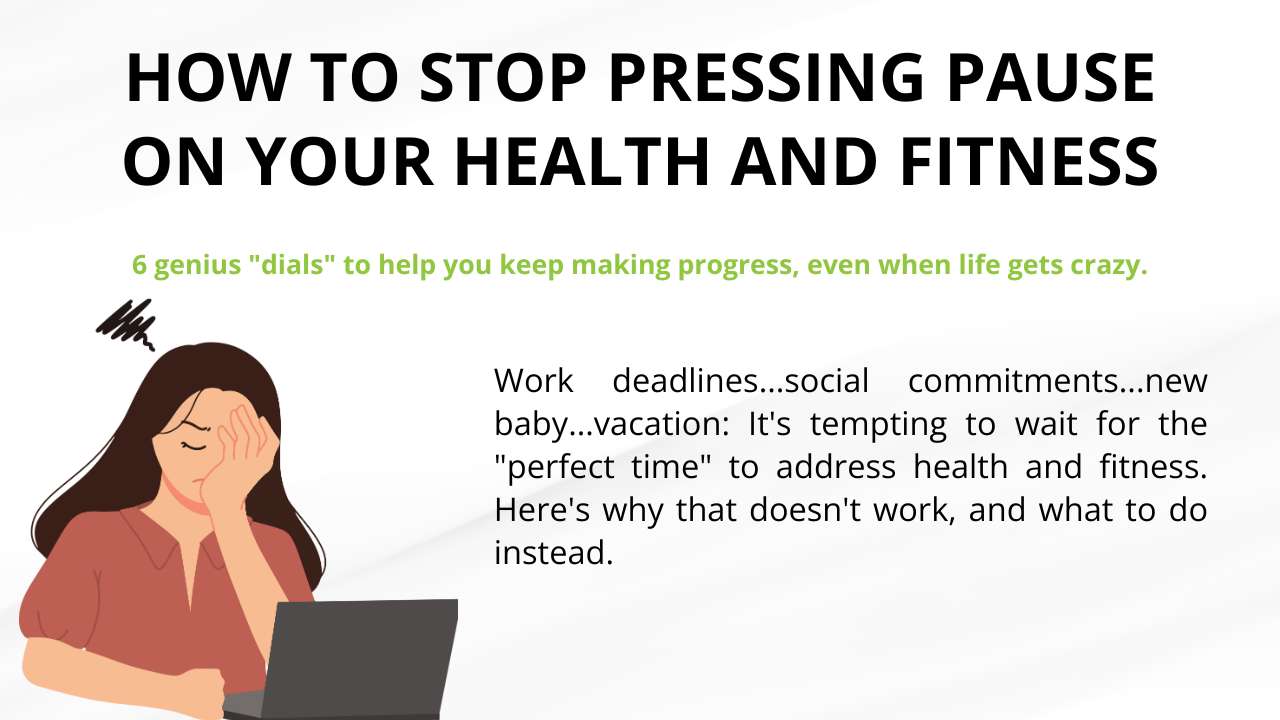“Any kind of success starts with this fundamental belief that success is possible.”
Can you picture yourself living your dream? Some people will tell you that getting a clear vision of your success is all you need to do to realize it. By now, you probably know there’s a lot more to it. Jim Rohn, the great business philosopher, said, “You must either modify your dreams or magnify your skills.”
The Luck Myth
Firstly you’ve got to stop telling yourself that success is impossible. There’s a pervading belief that success happens for others but not for us. Maybe it’s the idea of luck: Some people are just lucky and some people aren’t, right? Wrong. When it comes to executing a strategy with consistency and the right attitude, luck has no part in the plan. That’s good news because it means that if you create the right map, pack the right gear, and set out with the right pair of binoculars, you’re sure to discover the journey of your dreams.
Any kind of success starts with this fundamental belief that success is possible—for you. Without this essential belief, you’ll get stuck.
An Attitude of Success
No matter what skills you need to sharpen to move ahead toward your vision, the first skill most people need to hone is attitude. You can call it perspective, approach, or mindset—but it all comes down to the same concept. How you think about your life and your business is the first essential part of success. And yes, the right attitude for success is a skill.
To develop your own attitude of success, you’ve got to determine what success means for you. Ask yourself:
- What makes life valuable?
- What makes life worthwhile?
- What makes life work well in all areas?
The answers to these questions will help you define success for yourself.
Responsibility Thinking
Your future is within reach when you have a firm foundation on which to build and maintain it. Taking responsibility for your attitude is the first step. Most people hand over the responsibility for their attitude in the following ways:
- They point to personal circumstances as the reason for their attitude.
- They point to other people’s actions (or inactions) as the reason for their attitude.
- They point to luck (or lack of it) as the reason for their attitude.
- They point to their own flaws or failures as the reason for their attitude.
- They point to the world at large as the reason for their attitude.
None of these are suitable excuses to have a poor attitude. Sure, things happen in life you can’t control, but “You must take personal responsibility. You cannot change the circumstances, the seasons, or the wind, but you can change yourself. That is something you have charge of.”
Consistent Learning
That one ingredient—the right attitude—can make or break us. Because the right attitude for success says, sure, we had a rough start in life, but we aren’t going to sit around blaming others’ actions for our choices. Instead, we’re going to start shedding old ideas and adopting new beliefs to grow beyond the painful past. The right attitude for success says, ‘Wow, we failed a lot in our professional life but what we learned from those failures will propel us even further next time we try!’
An attitude of success inspires us to look back only to see what lessons we can take with us as we charge into the future. Sometimes it takes an outside perspective to help us get there, but if we end up in a positive place of gratitude, even after difficulty, we know we have the right attitude for success.
Your Personal Development Plan
Once you’ve stepped back from your challenges and looked at things with a new view, you might feel like it is smooth sailing from here on out. Well, probably not. Every path has its highs and lows. In fact, the most difficult thing you face might be maintaining that positive attitude. It’s a daily discipline to keep your personal philosophy at the forefront of your mind.
You might feel pumped up at the thought of your impending success, but without the right attitude to keep your mindset on track, your plan is likely to fail. You need to adopt a personal development plan that helps you on both a daily and weekly basis. Reading, writing, talking with other success-minded folks, and learning from a mentor are all part of a solid personal development plan. The idea is to control what your mind dwells on and how you see the world.
Reference link:





